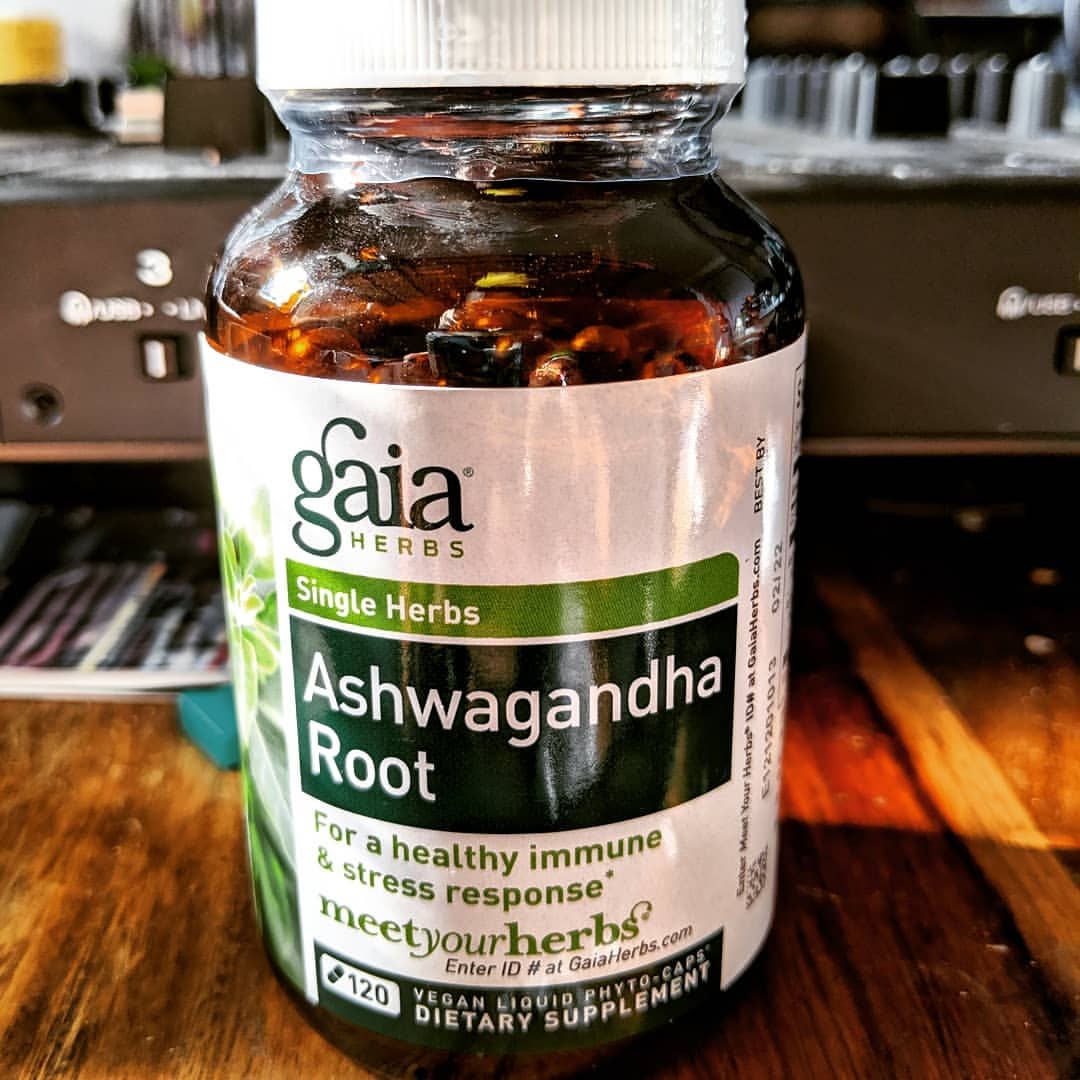
Ashwagandha For Strength and Cognitive Enhancement
If you think I’m strong now, wait till I’ve had 8 weeks of this (found a vegan version so let’s see how this goes!). It’s also a cognitive enhancer too. If you came to my last talk, you’d know that already
Ashwagandha is an important adaptogenic herb in the traditional Indian Ayurvedic system of medicine that has long been used to enhance memory and improve cognition, with previous research indicating it has antioxidant, neuroprotective, anti-inflammatory, antidepressant, anxiolytic, and immunomodulating activities.
There’s a lot of science surrounding this ancient herb that validates its potential benefits. .
One recent study was designed to determine if providing Ashwagandha could have an effect on the aerobic capacity in elite athletes. .
At the end of the study, the athletes that took 500 mg capsules of Ashwagandha twice daily for eight weeks experienced statistically “significant improvements” in average squat power and peak bench press power compared to the placebo group that took capsules of starch.
Ashwagandha may have cognitive benefits as well. Mild cognitive impairment (MCI) is often an early indicator of Alzheimer’s disease (AD). A study the results of the study indicate that ashwagandha root may improve memory as well as executive function, attention, and information-processing speed in subjects with MCI.
The treatment group received 300 mg of ashwagandha root extract in capsule form, twice daily for eight weeks, while the control group received the same dose of placebo capsules. Both groups underwent cognitive tests measuring memory, recall and recognition, processes relating to the coordination, selection, and execution of intentional action, and attention and speed of information processing. .
The ashwagandha group had significantly higher scores in the logical memory, verbal paired associates, faces, and family pictures subtests after eight weeks.
Science indicates that the ashwagandha root is a calming agent that improves focus and attention, facilitates choline production in the body, which in turn influences key memory processes.
Related posts



